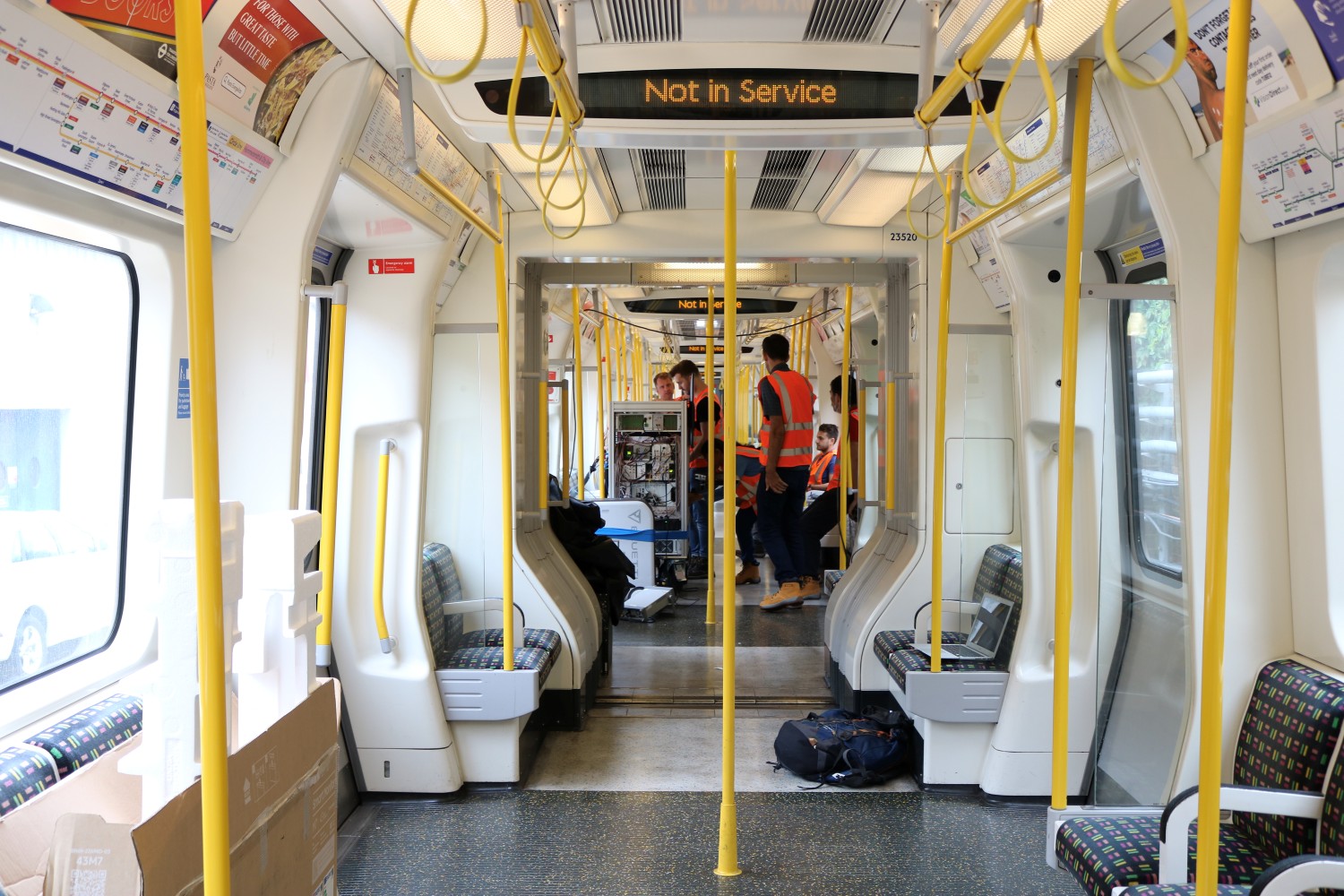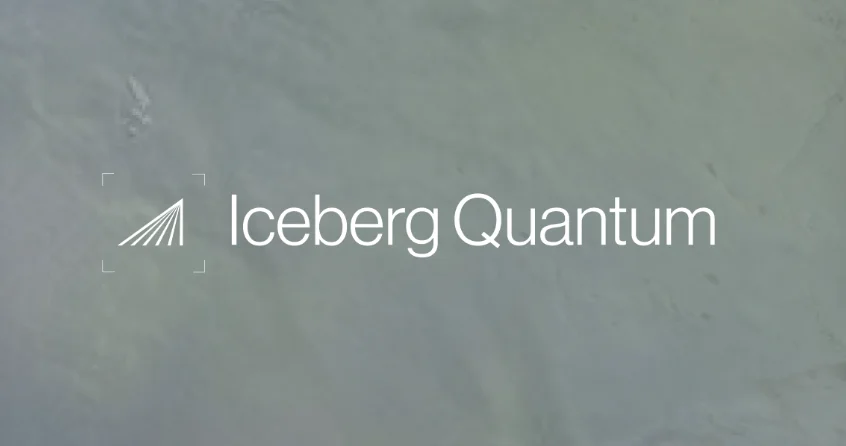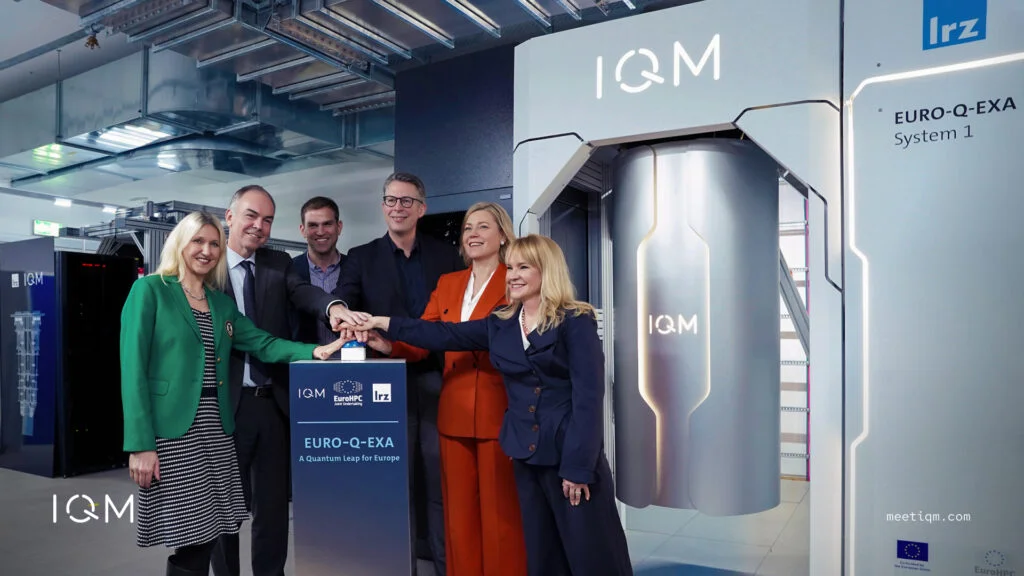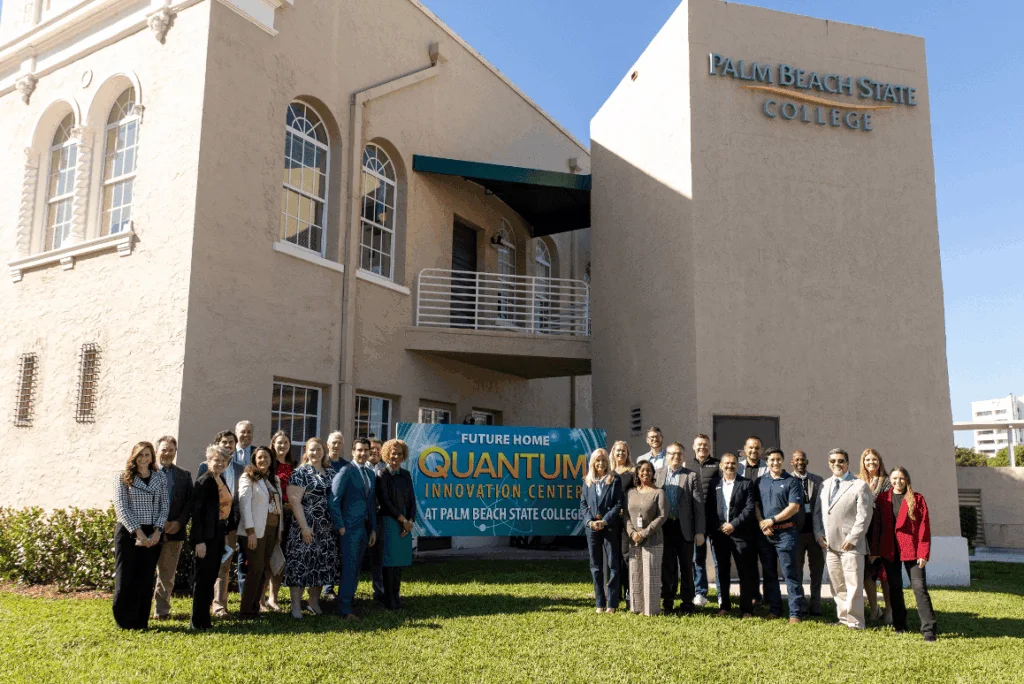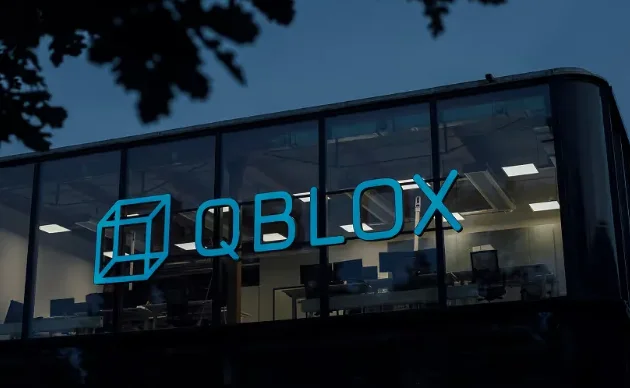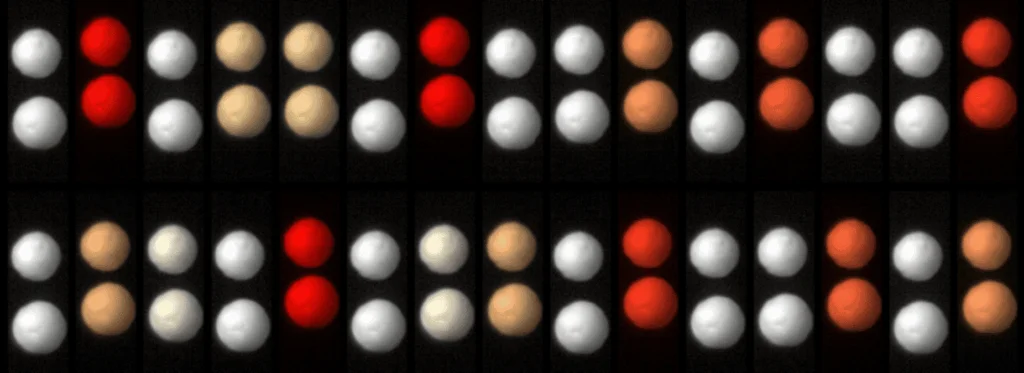Insider Brief
- UK Science Minister George Freeman announced new funding to support UK’s quantum technologies sector.
- The funding will include money for position, navigation and timing, quantum computer software and feasibility studies, among other projects.
- Critical Quote: “Our exceptional researchers, businesses and innovators are continuously pushing the boundaries of Quantum Technology development, placing the UK at the leading edge of this field. Together, through this support and investment, we will work in partnership to realize the potential of this technology for our UK economy and society.” — Will Drury, Executive Director, Digital and Technologies at Innovate UK
PRESS RELEASE — UK’s Science Minister announced new funding to further advance UK’s quantum tech research and innovation during London Tech Week.
The funding includes:
- £8 million to fund 12 projects exploring quantum technologies for position, navigation and timing (PNT)
- £6 million for 11 projects working on software enabled quantum computation
- £6 million for 19 projects’ feasibility studies in quantum computing applications
- £25 million for seven projects quantum-enabled PNT via the Small Business Research Initiative (SBRI)
Talking at an event during this year’s London Tech Week, UK Science Minister, George Freeman, today announced new funding to support universities and businesses working in the UK’s quantum technologies sector.

These new investments, through the UK Research and Innovation (UKRI) Technology Missions Fund, will build upon the country’s National Quantum Technologies Programme which has been running for nearly a decade.
Harnessing quantum physics
One of the 12 projects researching PNT announced today is led by Dr Joseph Cotter from Imperial College London. It aims to harness quantum physics to develop a new type of sensor technology that can be used underwater or underground.
It will explore how quantum sensors can complement the use of the global navigation satellite systems (GNSS) that much of society currently relies upon.
GNSS enables real-time access to the location of items for delivery and supports the transportation of goods and services including maritime and road transit. However, it can be vulnerable to adverse weather conditions, jamming and has limited capability underwater and underground.
The Imperial team are developing new navigation sensor technology that will provide superior position accuracy in the networks beneath our feet and a more resilient and secure alternative to GNSS.
Partnering with Transport for London (TfL), the team will test the new technology on trains. With 45% of TfL’s network underground.
Understanding train-position in rail networks to high degrees of accuracy is critical to allow advancements in condition based maintenance and train control systems.
This group of projects has also been supported by £400,000 from the Defence Science and Technology Laboratory.
Quantum compilers
Delivered in partnership with the National Quantum Computing Centre (NQCC), the 11 software-enabled quantum computation projects will advance algorithm capability to improve the performance of quantum computers.
One project, led by Dr Aleks Kissinger at the University of Oxford, will develop the next generation of quantum compilers.
Quantum compliers are tools that translate code written by humans into something the machine can run, increasing the ability to understand and tame many sources of errors.This produces efficient software with independently-checkable guarantees of reliable performance.
Feasibility studies in quantum computing
The 19 feasibility studies in quantum computing applications will demonstrate commercial benefits of quantum computing to:
- investigate the use of quantum computing and quantum machine learning to reduce carbon emissions in aviation
- develop improved methods for detecting and reducing money laundering
- apply and commercially exploit quantum computing techniques to address operational healthcare use cases (for example, theatre list patient allocation, urgent care patient triage, community nurse visit schedules)
- create a next-generation quantum computing based approach to enzyme targeted drug discovery
Supported through UKRI’s SBRI, seven projects will deliver quantum-enabled systems for positioning, navigation and timing.
The aim is to deliver quantum-enabled sensors for navigation applications, such as magnetic or gravity field sensors. Projects include:
- UK sovereign supplies of deployable high accuracy atomic clocks to provide timing and navigation in the absence of satellite navigation signals
- industrial applications such as finance transaction stamping and future (5G, 6+G) telecommunications
The cutting edge
Will Drury, Executive Director, Digital and Technologies at Innovate UK said: “Our exceptional researchers, businesses and innovators are continuously pushing the boundaries of Quantum Technology development, placing the UK at the leading edge of this field. Together, through this support and investment, we will work in partnership to realize the potential of this technology for our UK economy and society.”
Developing quantum computing testbeds
It is also worth noting that as part of a wider quantum computing mission, the NQCC is also investing £30 million to commission the development of quantum computing testbeds (prototype quantum computers) in the UK.
The mission seeks to underpin further growth of a UK quantum computing sector capable of delivering quantum advantage in 2025.
The NQCC is partnering with Innovate UK to deliver the competition. This opportunity is currently open for expression of interest but closes on 26 June 2023.
If you found this article to be informative, you can explore more current quantum news here, exclusives, interviews, and podcasts.

